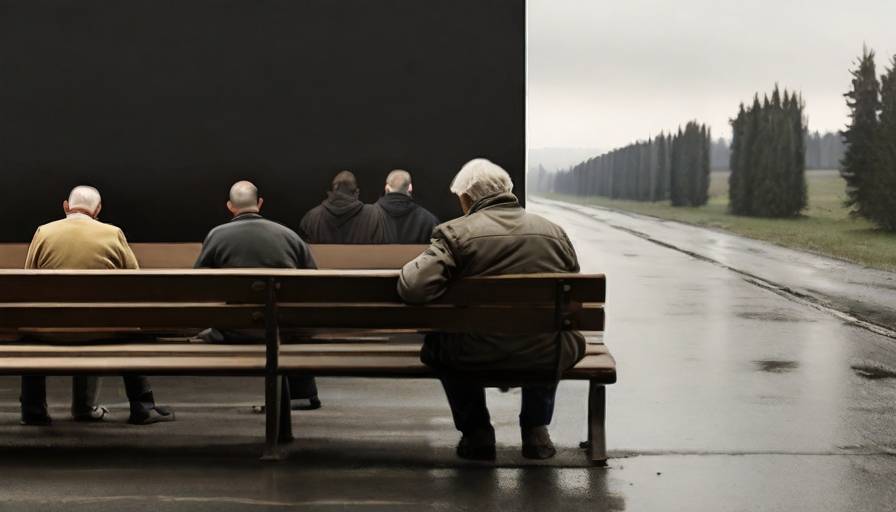The psychological impact of the COVID-19 pandemic has left many people feeling disoriented, struggling to remember the order of events and even the day of the week, according to a new study from the University of York. The research, which analyzed the effects of lockdowns through the lens of disorientation, reveals that feelings of loneliness and social isolation during the pandemic have led to a warped perception of time.
The study, published in the British Journal of Psychology, surveyed more than 3,300 French participants during an acute phase of restrictions, which included a lockdown followed by a strict curfew. Participants were asked nearly 60 questions to assess the psychological effects of the pandemic.
Social and Temporal Disorientation
The findings reveal that both social and temporal disorientation – a sensation of disarray in social interactions and sense of time – was common among participants. Many reported feeling out of place and unsure how to behave in social situations. They also experienced a blurring of time, struggling to keep track of events prior to the pandemic and the current day of the week. This difficulty extended into the future, with participants finding it harder to imagine what lay ahead and feeling more anxious and less in control.
The researchers discovered a strong connection between social disconnection and temporal disorientation, suggesting a causal relationship between the two. “Feeling lonely and isolated from others seems to warp our perception of time, with a sense of feeling lost and confused spanning the past, present and future,” said Dr Pablo Fernandez Velasco, a British Academy postdoctoral fellow at the University of York and the lead author of the study.
Young People Most Affected
The study found that young people under 25 were the age group most affected by feelings of disorientation. The researchers suggest that their findings point to a new phenomenon called “temporal rupture,” which is like a fault line in our minds separating the “before” and “after” of the pandemic.
“Our study shows that the sense of a rift separating time before and time after the pandemic was a common experience during the Covid-19 crisis,” Dr Fernandez Velasco added. “The larger the experienced rift between pre-pandemic and pandemic times, the more disorientated people felt.”
The personal accounts collected in the study help advance the understanding of the potential impacts of feelings of loneliness and isolation via the extraordinary experiences of the pandemic. The researchers emphasize the importance of addressing the compounding effect of feeling isolated both during crises and in day-to-day life.
As the world continues to grapple with the aftermath of the pandemic, the findings of this study shed light on the profound psychological impact of loneliness and isolation on our perception of time and social interactions. Addressing these issues will be crucial in helping individuals and communities navigate the ongoing challenges and rebuild a sense of connection and stability in the post-pandemic era.


